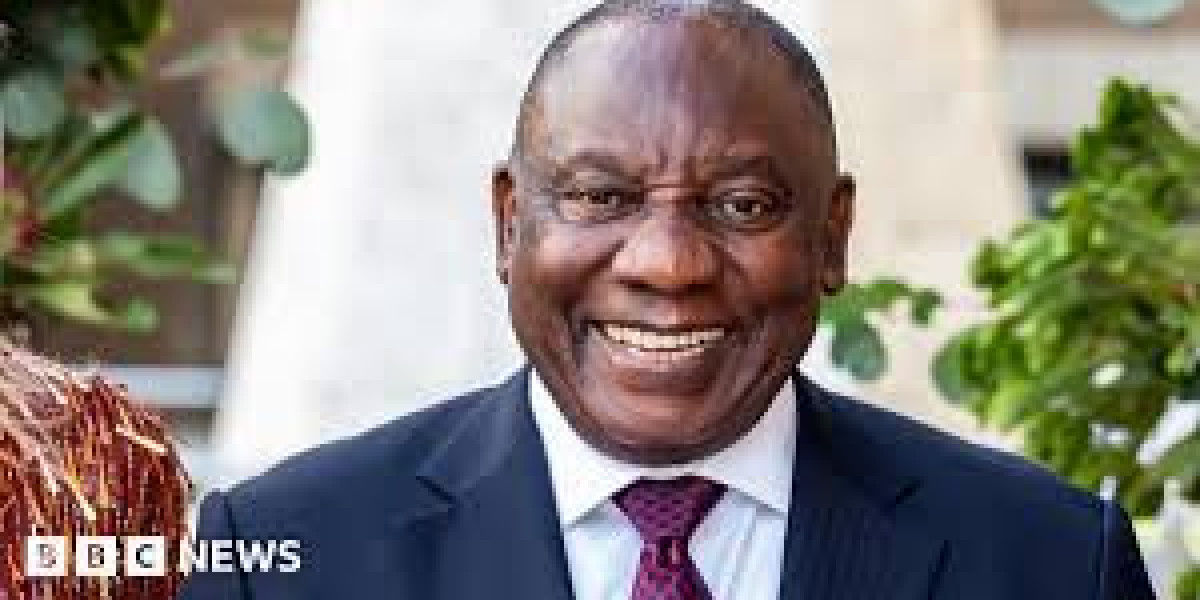The phrase “Hidden Hands: Leaders Behind Africa’s Economy” captures the growing realization that Africa’s economic landscape is often shaped not just by politicians or visible business magnates, but by a network of influential figures operating behind the scenes. These hidden hands—ranging from policy advisors and central bankers to quiet investors and regional power brokers—have become pivotal in steering Africa’s markets, industries, and financial systems.
The Power Behind the Policy
Central Banks and Monetary Stability
In most African nations, the visible head of economic management is the finance minister or the president. Yet, behind the façade, central bank governors and monetary policy committees wield immense influence. These institutions decide on interest rates, inflation targets, and exchange rate policies that affect millions. Leaders such as Lesetja Kganyago of South Africa’s Reserve Bank and Godwin Emefiele’s controversial tenure in Nigeria illustrate how monetary authorities can shape economic direction—sometimes quietly, sometimes amid political pressure.
Economic Advisors and Technocrats
Economic technocrats often remain in the shadows, but their expertise fuels national decisions. In Kenya, Ghana, and Rwanda, advisory councils comprising economists, financial experts, and international consultants craft reforms that drive investor confidence and growth. Their influence is subtle but enduring—ensuring fiscal discipline, attracting foreign investment, and balancing domestic priorities with global expectations.
Corporate Power and Private Influence
The Rise of African Conglomerates
Beyond government halls, the hidden hands of Africa’s private sector have emerged as powerful forces. Conglomerates such as Dangote Group, MTN, and Safaricom are more than corporations—they are economic ecosystems employing thousands and influencing policies. Their leaders, while public figures, often operate behind the scenes to lobby for favorable trade terms, infrastructure projects, and digital reforms that serve their long-term interests.
Foreign Investors and Sovereign Funds
Equally important are the foreign financiers who quietly bankroll Africa’s growth. Sovereign wealth funds from the Middle East and Asia, along with Western venture capital firms, are deeply embedded in Africa’s energy, mining, and technology sectors. These investors, while rarely in the limelight, influence national budgets and policy directions through capital flows, partnerships, and long-term debt instruments. Their quiet leverage often dictates which sectors thrive and which struggle.
Political Networks and Economic Gatekeepers
The Interplay of Power and Patronage
In many African countries, political patronage networks act as economic gatekeepers. Behind every major contract, mining concession, or infrastructure deal, there are individuals who broker access and ensure that wealth circulates within certain elite circles. These hidden hands, often unelected, maintain the link between political survival and economic control—shaping who gets funding, licenses, and public support.
Regional and Continental Influence
The African Continental Free Trade Area (AfCFTA) has added another layer of unseen influence. Regional blocs like ECOWAS and SADC are now dominated by diplomatic and business alliances that quietly steer trade policy and market integration. Leaders in these blocs, though rarely recognized outside policy circles, are crafting the frameworks that will define Africa’s economic future.
Technology, Data, and the New Economic Architects
The Digital Economy Revolution
Africa’s new generation of hidden economic leaders is emerging from the tech space. Fintech innovators, data scientists, and blockchain entrepreneurs are reshaping access to finance and redefining how trade occurs. Behind the scenes, venture capitalists and incubator founders are nurturing the next wave of African billionaires—transforming economies from Lagos to Nairobi to Cape Town.
Data as the New Power
In the age of digital transformation, those who control data control the economy. Telecommunications firms, fintech companies, and even foreign tech giants are gathering unprecedented information about African consumers. This silent accumulation of data has given rise to a new class of “digital power brokers,” influencing everything from credit access to consumer behavior.
Conclusion: Recognizing the Invisible Architects
The hidden hands behind Africa’s economy remind us that true leadership is not always visible. Beyond presidents and CEOs, there are thinkers, financiers, regulators, and innovators who quietly shape the continent’s trajectory. Their influence—sometimes benevolent, sometimes self-serving—defines the rhythm of African progress.
As Africa stands on the cusp of a new economic era marked by digitalization, industrialization, and regional unity, acknowledging these unseen leaders becomes essential. Understanding their roles allows citizens, policymakers, and investors alike to navigate the continent’s complex web of power, potential, and purpose with greater clarity and foresight.








